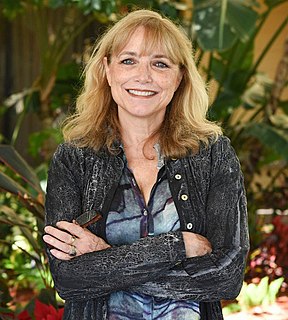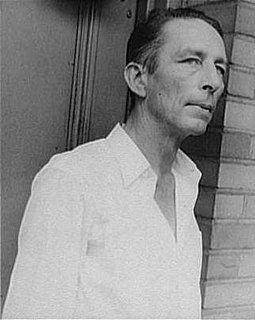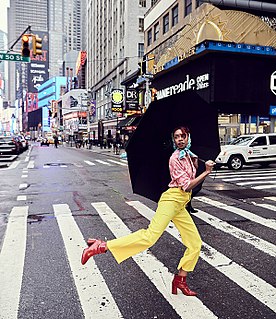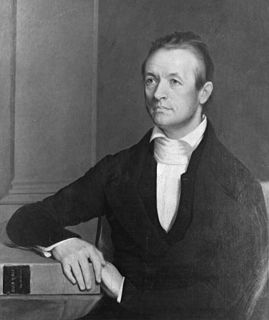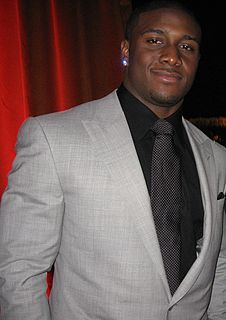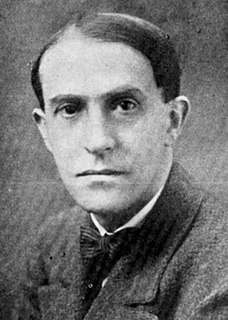A Quote by Audre Lorde
I find I am constantly being encouraged to pluck out some one aspect of myself and present this as the meaningful whole, eclipsing or denying the other parts of self.
Related Quotes
As a Black lesbian feminist comfortable with the many different ingredients of my identity, and a woman committed to racial and sexual freedom from oppression, I find I am constantly being encouraged to pluck out some one aspect of myself and present this as the meaningful whole, eclipsing or denying the other parts of self. But this is a destructive and fragmenting way to live.
I think that deprecation part is a very important aspect because when someone looks into themselves, if they're going to be honest, they're going to see parts that are humiliating as well as parts that they might feel really great about. Take Lucas Samaras again, who made a lot of self-portraits. He makes one self-portrait where he is looking directly into the camera and looks so intense and cool. He says in an interview, "I wanted to present the best version of myself."
True listening is never self-effacement. We bring the whole self to the process, rather than denying self. When we truly listen, we aren't just waiting for someone else to decide something so we can get on with things, or so we don't have to decide for ourselves. We aren't giving away our own powers to be seen and heard. When we listen, first we listen to the parts of ourselves that are curious, in avoidance, afraid, angry, or proud. Then we can take a breath and sink, allowing those parts some space alongside the spaciousness of not knowing.
My son was born somewhat late in my life and I just found myself really feeling like I didn't want to miss out on being a parent and being with him, and not wanting a situation where I was constantly pulled back and forth between being present, and having all these other pressures and considerations.
My experience is that I find myself having to constantly define myself to others, day-in, day-out. The quote that's helped me the most through that is from Toni Morrison's "Beloved" where she says, "Definitions belong to the definers, not the defined" - so I find myself defining myself for other people lest I be defined by others and stuck into some box where I don't particularly belong.
I believe that the universe is one being, all its parts are different expressions of the same energy... parts of one organic whole.... (This is physics, I believe, as well as religion.) The parts change and pass, or die, people and races and rocks and stars; none of them seems to me important in itself, but only the whole. This whole is in all its parts so beautiful, and is felt by me to be so intensely in earnest, that I am compelled to love it, and to think of it as divine.
I compare myself with my former self, not with others. Not only that, I tend to compare my current self with the best I have been, which is when I have been midly manic. When I am my present "normal" self, I am far removed from when I have been my liveliest, most productive, most intense, most outgoing and effervescent. In sort, for myself, I am a hard act to follow.
When I am engaging with people of other religious faiths, I find myself unable to commit to their conclusions or agree with their assessments. Yet at the same time I come away encouraged by spiritual truths found in their traditions, thrilled by new insights into my own faith, and more passionate than ever about being a disciple of Christ.
I am not a historian, but I find myself being more and more fascinated by history and now I find myself reading more and more about history. I am very interested in Napoleon, at the present: I'm very interested in battles, in wars, in Gallipoli, the First World War and so on, and I think that as I age I am becoming more and more historical. I certainly wasn't at all in my early twenties.



